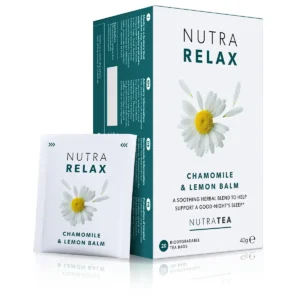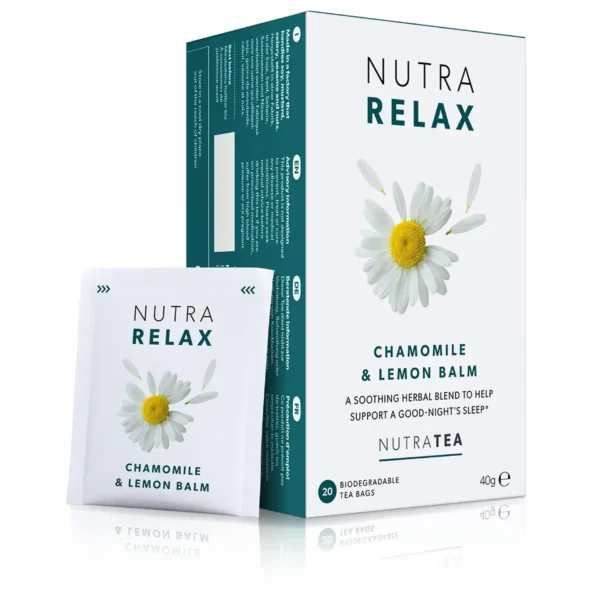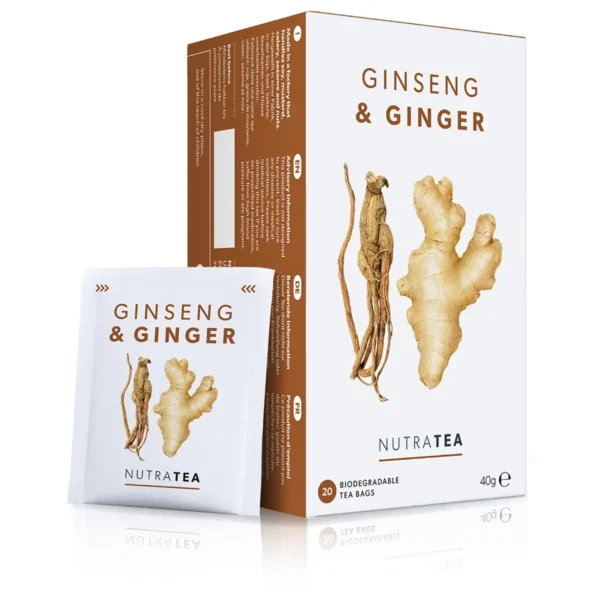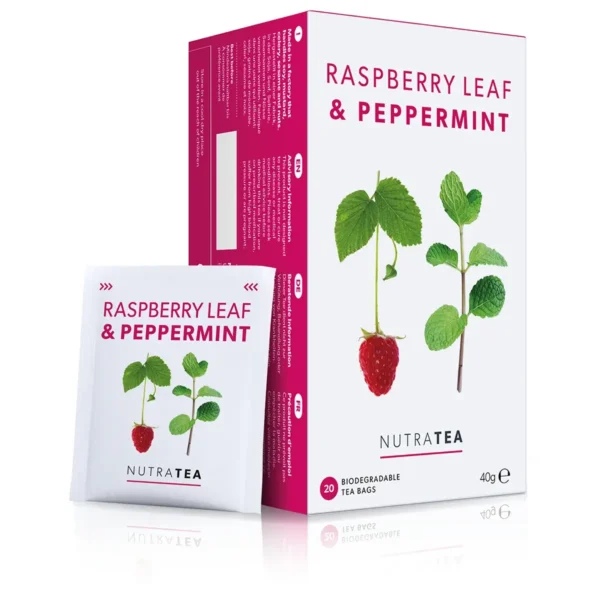NutraBlog
The Benefits of Meditation

Feeling overwhelmed or mentally drained? Meditation is a simple, accessible way to reduce stress, improve focus, and reconnect with yourself. As World Meditation Day approaches on 21st May, now is the perfect time to explore how even a few quiet minutes a day can make a lasting impact on your wellbeing. In this guide, we’ll explore the many benefits of meditation, from easing anxiety and boosting sleep to improving emotional resilience and brain function. Plus, discover how calming herbal teas like chamomile, lemon balm, and valerian can gently support your meditation practice from start to finish.
In today’s busy world, finding moments of genuine harmony and clarity can feel like a luxury as the demands and challenges of everyday life disrupt our inner peace.
But what if there was a simple, accessible practice that could help you navigate this chaos with greater ease, clarity, and wellbeing?
For centuries, meditation has been a cornerstone of spiritual and philosophical traditions and today, modern science is increasingly validating the profound positive impact meditation can have on our minds, bodies, and overall quality of life.
How does meditation reduce stress?
One of the main benefits of meditation is its ability to reduce stress by helping you to consciously focus on living in the present moment. Whether it’s your breath, bodily sensations, or a guided visualisation, as part of the meditation process, you’ll learn to detach from your worries and anxieties. Regular practice has also been proven to lower the production of cortisol, the stress hormone, leading to a calmer and more balanced state.
Can meditation help with anxiety?
Similar to stress reduction, meditation can also be a powerful tool for managing the symptoms of anxiety. By cultivating present moment awareness, you’ll learn to observe anxious thoughts and feelings without judgment, rather than getting swept away by them. This allows you to respond to anxiety with greater clarity and less reactivity.
How does meditation build emotional resilience?
Meditation isn’t about suppressing emotions, it’s about understanding them. Through regular meditation, you will be able to develop greater self-awareness, allowing you to recognise your feelings as they arise. In turn, this fosters emotional regulation, leading to a more positive outlook on all areas of your life.
Does meditation improve focus and attention?
In a world full of distractions, maintaining focus, whether you’re at work or socialising can feel like a constant battle. The good news is that meditation acts as a mental workout, training your ability to concentrate and sustain attention in a whole host of everyday situations. By repeatedly bringing your focus back to your chosen anchor, you will be able to strengthen the neural pathways responsible for concentration, improving your focus in all areas of life.
Can meditation help you sleep better?
A racing mind is often the main enemy of a good night’s sleep and can have a huge impact on your mental wellbeing. By promoting relaxation and reducing mental chatter, meditation can help you fall asleep more easily and enjoy deeper, more restful sleep.
What are the physical benefits of meditation?
The benefits of meditation aren’t just confined to your mental wellbeing, it can also have positive physical effects, including:
- Lowering blood pressure: Reducing stress can directly impact cardiovascular health.
- Improving heart health: By reducing stress and inflammation.
- Potentially reducing chronic pain: By shifting your perception of pain and improving coping mechanisms.
- Boosting the immune system: By reducing stress and promoting overall well-being.
Getting started on your meditative journey
Ultimately, the main benefit of meditation is its simplicity. You don’t need any special equipment or years of training to begin as even a few minutes of daily practice can yield significant benefits.
- Find a quiet space: Choose a place where you can sit or lie down comfortably without distractions.
- Start small: Begin with just 5-10 minutes a day and gradually increase the duration as you feel comfortable.
- Focus on your breath: Pay attention to the sensation of your breath as it enters and leaves your body.
- Acknowledge distractions: Your mind will wander, that’s natural. Gently bring your attention back to your breath without judgment.
- Be patient and kind to yourself: Meditation is a practice, and it takes time and consistency to see results. Don’t get discouraged if your mind feels busy.
Which herbal teas can support meditation?
Mediation is an investment in your mental, emotional, and even physical well-being. By carving out even a small amount of time for stillness each day, you can unlock a greater sense of inner peace, clarity, and resilience, allowing you to navigate life’s challenges with ease.
At NutraTea, our focus on natural ingredients and specific health benefits means our teas can support your meditation journey:
Chamomile Tea: Known for its calming and soothing properties, chamomile can help reduce anxiety and promote relaxation, making it easier to settle into a meditative state.
Valerian Tea: Often used to promote sleep and reduce anxiety, valerian can help quiet a busy mind before meditation.
Lemon Balm Tea: This herb has a gentle sedative effect and can help ease stress and anxiety, contributing to a more peaceful meditation.
Raspberry Leaf & Peppermint Tea: While not directly sedative, peppermint can be refreshing and help with focus, while raspberry leaf is often associated with relaxation.
Ginseng & Ginger Tea: Ginseng is often associated with improved mental focus and energy, while ginger can be warming and grounding. This combination could help maintain alertness during meditation without overstimulation.
When and how to use herbal tea for meditation
Before meditation
Enjoy a warm cup of a calming herbal tea such as chamomile or valerian about 30 minutes before you plan to meditate. This can help your body and mind relax and prepare for stillness.
During meditation
While not a tea, consider using calming essential oils such as lavender or frankincense in a diffuser during your meditation practice.
After meditation
A gentle, grounding tea such as ginger or a mild green tea can help you gently transition back to your day while maintaining a sense of calm.
Final thoughts
Meditation is a gift you can give yourself, one that doesn’t require anything but your presence. Whether you’re looking to reduce stress, sleep more soundly, sharpen your focus or simply reconnect with yourself, even a few quiet minutes a day can make a meaningful difference.
As World Meditation Day approaches, why not take a moment to pause, breathe, and brew a calming herbal tea to support your practice? At NutraTea, we’re here to help you create those mindful moments that nourish both body and mind.
Explore our herbal teas and find the perfect companion for you meditation ritual.








